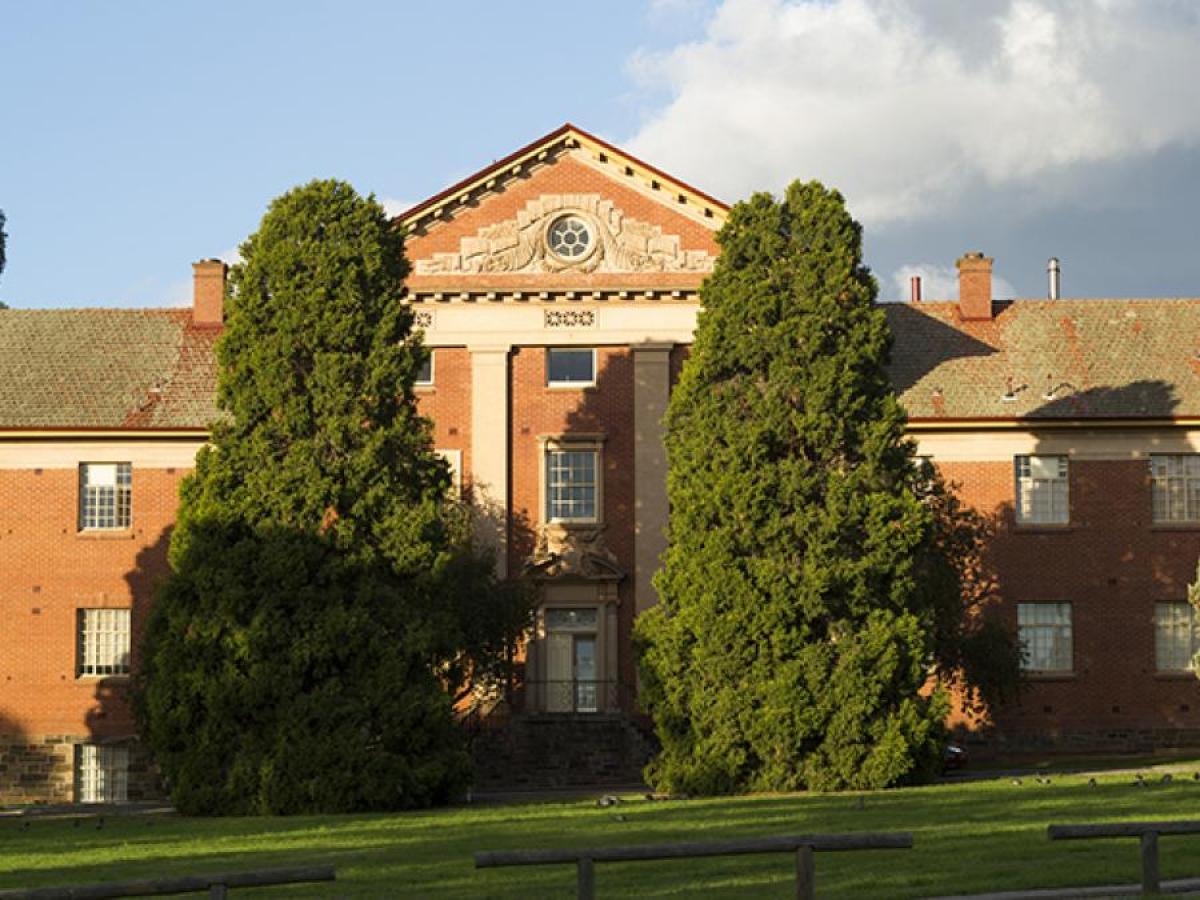
The University of Adelaide has been awarded almost $2 million under the Directed Energy Theme of the Next Generation Technology Fund, which is administered by the Defence Science and Technology Group (DSTG).
The University of Adelaide team will work with Mr Alexander Hemming from DSTG on two projects to develop new high-power laser diode devices.
Diode lasers underpin a wide range of modern laser sources being developed for Directed Energy applications.
The devices to be developed by the University will be more efficient and capable of delivering higher output power than semiconductor lasers currently available.
The projects will enable the development of Australian proprietary technologies and scientific capability in this critical technology area to support current and next generation defence capabilities.
The University team comprises Professors Heike Ebendorff-Heidepriem, Glenn Solomon and Nelson Tansu. Professors Ebendorff-Heidepriem and Solomon are with the School of Physical Sciences, and Professor Tansu is the Head of School of Electrical and Electronic Engineering.
All are also members of the University of Adelaide's Institute of Photonics and Advanced Sensing (IPAS).
"We are recognised as leaders in laser photonics and these projects will further advance Australia's capability in the area. These projects will increase the efficiency of laser diodes as pump sources for fibre lasers by looking into different wavelengths and materials," said Professor Ebendorff-Heidepriem, who is also the IPAS Deputy Director.
Professors Solomon and Tansu recently joined the University - Professor Solomon as the Hicks Chair in Quantum Materials and Professor Tansu as Professor in Quantum Electronics.
Professor Solomon was previously with the Joint Quantum Institute, a collaboration between the National Institute of Standards and Technology and the University of Maryland in the USA. Professor Tansu was formerly the Daniel E. '39 and Patricia M. Smith Endowed Chair Professor in Photonics and Nanoelectronics at Lehigh University in the United States.
Professor Solomon said it was "wonderful to join this University of Adelaide effort with Professors Ebendorff-Heidepriem and Tansu, and continue building collaborations between Physical Sciences, and Electrical and Electronic Engineering at the University and our DSTG colleagues".
"We have an exciting team of researchers and students and I'm looking forward to innovative results," he added.
Professor Tansu said: "These projects will advance Australia's national sovereign capabilities in the areas of semiconductor lasers, high-power lasers and materials and device technologies. We look forward to training the next-generation students and scholars to make important advances in this critical technology."
These projects are part of The University of Adelaide's Quantum Materials initiatives.






